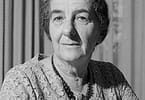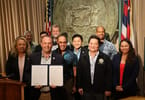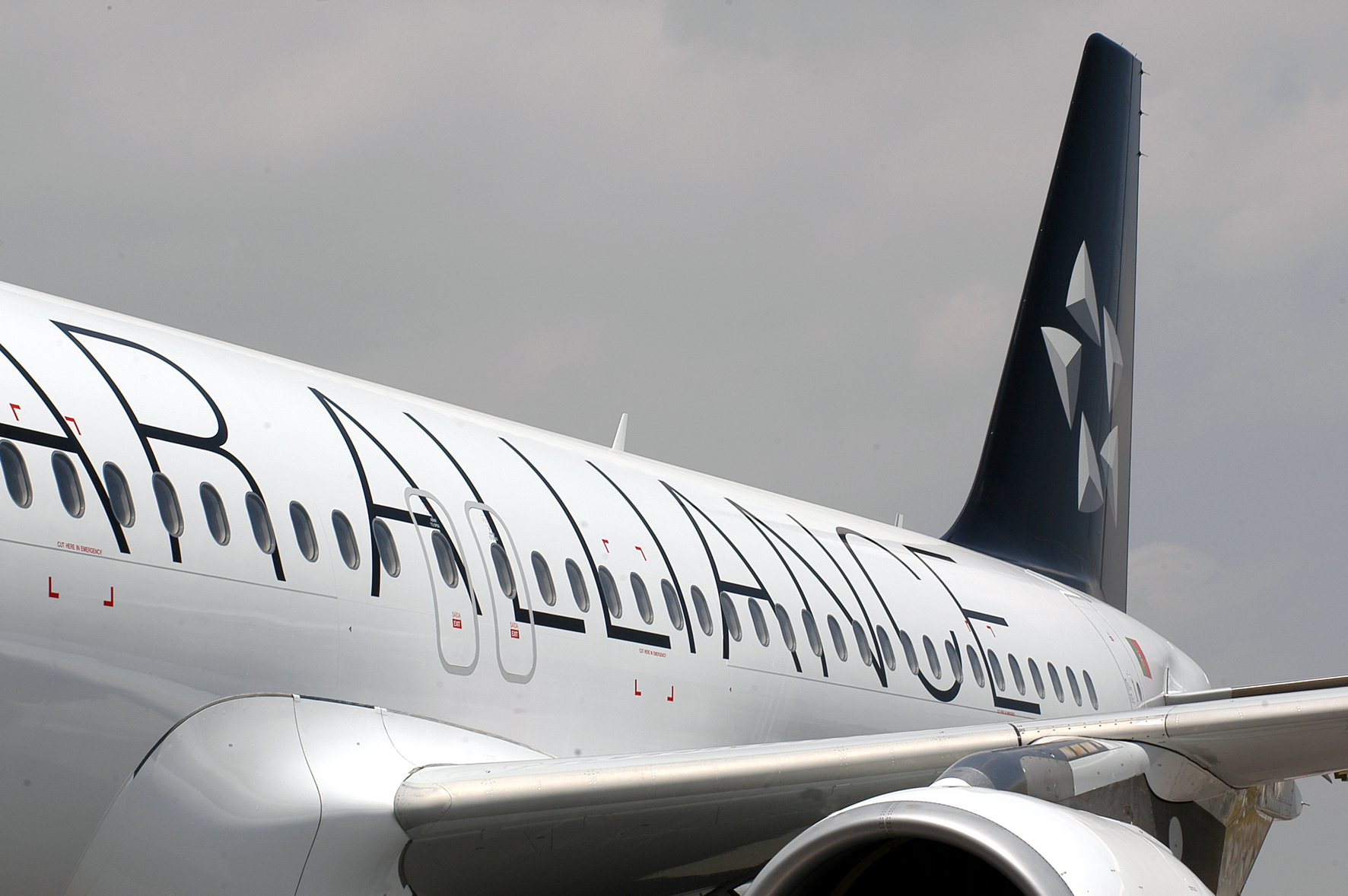Sean Doyle:
Well, I think the first thing which we’ve got to be clear about is that we’re guided by the science, and IAG was the first airline group in the world to commit to net zero by 2050. That’s aligned to the UN sustainability development goals, and I think it will take till 2050 for aviation to have things like zero-carbon aviation solutions from a technical perspective. One is this will take 30 years to fix ultimately. I think the industry, we’re very much aligned with the scientific objectives of the UN in terms of reducing the impact of carbon on global warming.
But I think probably, within that framework, then, you’ve got near-term opportunities of which sustainable aviation fuel is very credible. We’ve committed to a supply agreement with LanzaJet. We’re committed to a joint venture to develop a SAF plant up in Humberside with Velocys. We’re pushing the UK government to support that through the Jet Zero Council.
We think you could build 14 SAF plants in the UK. That would give jobs to many remote parts of the UK and help the rebalancing agenda of the UK government. But also the great thing about SAF is you can just integrate it into the existing supply chains in a very efficient way. It can substitute kerosene, and airlines don’t have to ship it to various airports because they can take credit for their commitment to SAF no matter who actually uses it in the ecosystem. And I think SAF is going to be very important for the next 20 to 30 years, because there are some exciting developments coming. But I think for longer-range missions or longer sector trips, SAF will be required. I think that’d be very expected, that it will form part to the framework.
I think the second thing we’re doing is obviously making the existing fleet more efficient. We’re taking delivery of A320neos, 787s and A350s, and they’re replacing older 747s that are retiring, and that will continue across our group over the next 10 years or so. Those aircraft are also, I think, far less noise[1]polluting than the older aircraft are. So I think the capital investment we’re making already [inaudible 00:35:54] is significant.
And then I think we’re investing in innovators. So we’ve launched a joint venture with ZeroAvia. We’ve committed to their recent round of funding. ZeroAvia have flown a hydrogen-powered turbo-prop operation. They have ambitions to develop this technology, and we’d like to support that ambition. Hydrogen appears to be an exciting area of development that not just ZeroAvia but other players are looking at. Now, that’s more radical, and I think it will take longer, but we’ve got to start placing bets right now to find a solution that will get us to net zero in terms of technology over the next 20 or 30 years. The other thing I would say is the industry is committed to course here, and we need a carbon accounting framework for offset, and also, we think the carbon capture commitments and investments will form a part of the framework as well as we get into the next decade.
Peter:
Yeah. I guess my long-winded question was really more about… I mean, the things you’re talking about obviously are necessary and they’re going to come, but not much is going to come before 2030 in terms. I mean, ATAG’s goal, I think, is 2% of SAFs by 2025. My question was really more directed towards, given that we’ve had a year of hiatus, basically, in aviation, has that fueled the fires of the environmentalists? Are you going to find it tougher talking to those people who’d like to climb on your airplanes at airports because we’re going to be ramping up the volumes very quickly again?
Sean Doyle:
I wouldn’t find it tougher because I think we’ve got a great story that we’ve been telling for quite a long time. British Airways was the first airline to invest in carbon offset back in 2002, and I think we’ve always recognized that this is absolutely critical for the industry to take ownership of, to retain this right to operate. Let’s not forget, people love travel. We have a challenge of a carbon footprint that we’re dealing with. I think we’ve got a very credible story to tell. So I’m quite confident that we will be able to communicate and articulate what we’re about and also articulate the fact that travel is very important. It’s very important to economic development. It’s something that people love doing, and they can do it in a way that will be far more sustainable in the future than they have done in the past. And we shouldn’t be shy about having this debate and taking it on.
Peter:
Of course, in the industry, you’ve got to have some sort of coherence, and we had [CEOV 00:38:33] United on last month saying that all carbon offsets are a total waste of space. We can’t plant enough trees, can’t plant… Billions of trees are going to have an impact in the next 10 years. Is there going to be that standardization, particularly if you get pressure points like the UK and like France and Germany, the EU generally? I mean, how do you address that?
Sean Doyle:
I think we’re going to need many dimensions. So of course [inaudible 00:39:01] and I think the [UETS 00:39:03] are forms of carbon offset and carbon trading which exist today. So they’re up and running. We will need more. We need more fuel-efficient aircraft. I think we need new technologies to come along, that I think if there is a marketplace for them in the form of carbon capture, replacing maybe carbon offset in the future, that becomes very exciting. So I think you’ve got to start the journey and I think it has multiple dimensions, and I think we will push on many boundaries here. But yes, I think it is going to be a key debating point. I think we’ll come out of the pandemic with certain changes in the political landscape as well. Sustainability is going to be a key global priority, and we’re going to have to be part of this. We’re going to have to be part of the solution.
Peter:
Yeah. I guess particularly because President Biden has discovered climate change for the US, and I think your prime minister has some personal contacts who feel fairly strongly about it too. So we’re going to have to do [crosstalk 00:40:04].
Sean Doyle:
I think the green economy is part of the economic [inaudible 00:40:07] in the UK, and I think we have a good story to tell. It’s got many dimensions to it. It will take a bit longer than other industries, but we will get there by 2050, but it means pushing on a number of fronts.
Peter:
And meanwhile, you’ve got the big front to push on, which is getting your airplanes back in the air and filling them with passengers at decent yields, I guess.
Sean Doyle:
Yes, so that’s our priority, and our people are ready. We’re very excited to get back in the air, but hopefully we’re in the final quarter of what’s been the worst challenge, I think, for aviation maybe this side of World War II. Well, it is. And we’ll come out the other end.
#prestavbacestovanie
ČO SI Z TOHTO ČLÁNKU ODniesť:
- The other thing I would say is the industry is committed to course here, and we need a carbon accounting framework for offset, and also, we think the carbon capture commitments and investments will form a part of the framework as well as we get into the next decade.
- Now, that’s more radical, and I think it will take longer, but we’ve got to start placing bets right now to find a solution that will get us to net zero in terms of technology over the next 20 or 30 years.
- Well, I think the first thing which we’ve got to be clear about is that we’re guided by the science, and IAG was the first airline group in the world to commit to net zero by 2050.






















